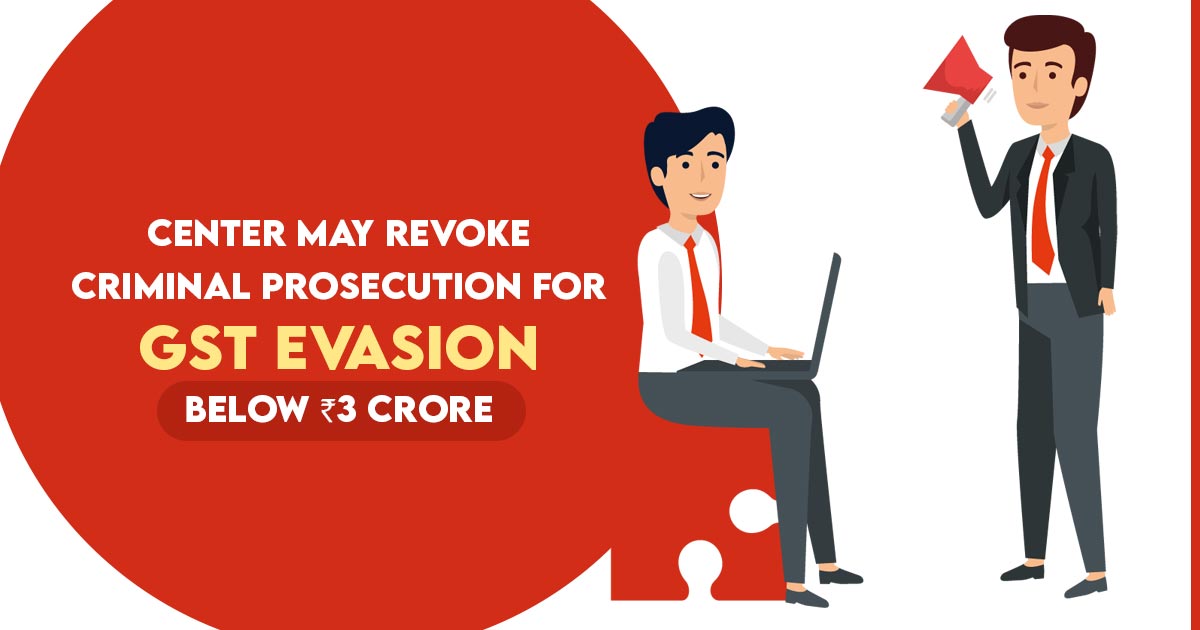
India is reportedly considering a substantial increase in the threshold for arrests and criminal prosecutions regarding Goods and Services Tax (GST) evasion, aiming to raise it from ₹2 crore to ₹3 crore, according to sources.
This proposed change is part of an initiative to stop the specific aspects of GST evasion, encouraging businesses to stop it and promoting a more praising operational environment.
The Central Board of Indirect Taxes and Customs (CBIC), overseeing indirect taxes under the central government, is actively contemplating modifications to streamline the summons-issuing processes, with the intention of making them more restrictive and allowing their issuance only under specific conditions.
Industry stakeholders have expressed concerns about the intensity of current penal provisions, emphasizing the need for a balanced regulatory approach. Advocates for industry reforms are exerting their efforts for modifications in the penal code to ensure a fairer regulatory structure.
The proposal for the changes in the threshold is expected to be put before the GST Council Meeting soon, and any modifications to the central and integrated GST Acts may align with the Centre’s decisions preceding the upcoming general elections. Moreover, separate amendments may also be made for individual states to their GST Acts.
During discussions, there has been a suggestion to increase the threshold for starting criminal proceedings to ₹3 crore, while industry representatives advocate for ₹5 crore. Currently, Section 132 of the Central GST (CGST) Act criminalizes GST evasion above ₹2 crore, with a three-year jail term as a consequence.
Proponents of these changes argue that rationalizing thresholds for decriminalization could help address cases involving smaller or ambiguous amounts.
Read Also:- GST Council: Constitution, Functions and Decision-making
However, officials draw attention to the importance of maintaining a strict course of action for cases involving fake invoices and incorrect input tax credit claims, cautioning against easing laws at this point.
In combating tax fraud, the Directorate General of GST Intelligence (DGGI) launched a specialized drive in November 2022 targeting input tax credit fraud. This initiative has led to the detection of 6,000 cases amounting to ₹57,000 crore in fraud, resulting in 500 arrests.
In the first half of the current fiscal year, the DGGI detected 1,040 cases of GST evasion, involving ₹1.36 lakh crore, with ₹14,000 crore related to input tax credit fraud. Enforcement actions during this period have arrested a total of 91 people in GST offences.









